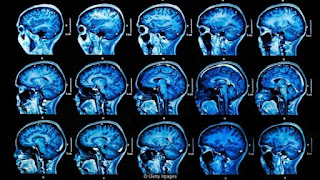UW Study: Hormone Replacement Therapy Doesn't Increase Risk of Alzheimer's Disease
There’s some reassuring news for healthy women taking
hormone replacement therapy who are concerned about Alzheimer’s disease:
University of Wisconsin-Madison research shows no increased risk for the most
common type of dementia. But it also didn’t find any benefits to the brain.
Prior to a 2003 landmark study, scientists believed estrogen
therapy was protective for the brain and heart. But the Women’s Health
Initiative Memory Study (WHIMS) showed just the opposite; the surprising
results suggested women had an increased risk for dementia and mild cognitive
impairment. Millions of women stopped taking hormone replacement therapy to
protect their bones, improve their mood and ease hot flashes.
The women in the WHIMS study were older, all over age 65.
The women in the studies Gleason reviewed were younger when they began taking
hormone replacement therapy, usually in their early 50s. And they were
healthier, less obese and had fewer heart problems and diabetes.
The pros and cons of hormone replacement therapy continue to
be investigated, and Gleason is planning a follow up study this fall to find
out what she calls the final piece of the puzzle: understanding the long-term
effects of hormone replacement therapy.
To know more about Alzheimer's and other Neurodegenerative Diseases, Join us at #Alzheimers2018 at Madrid, Spain on December 03-04.




Comments
Post a Comment